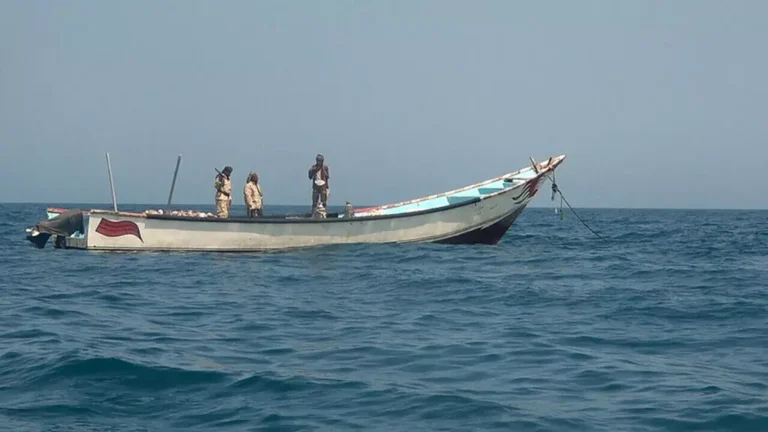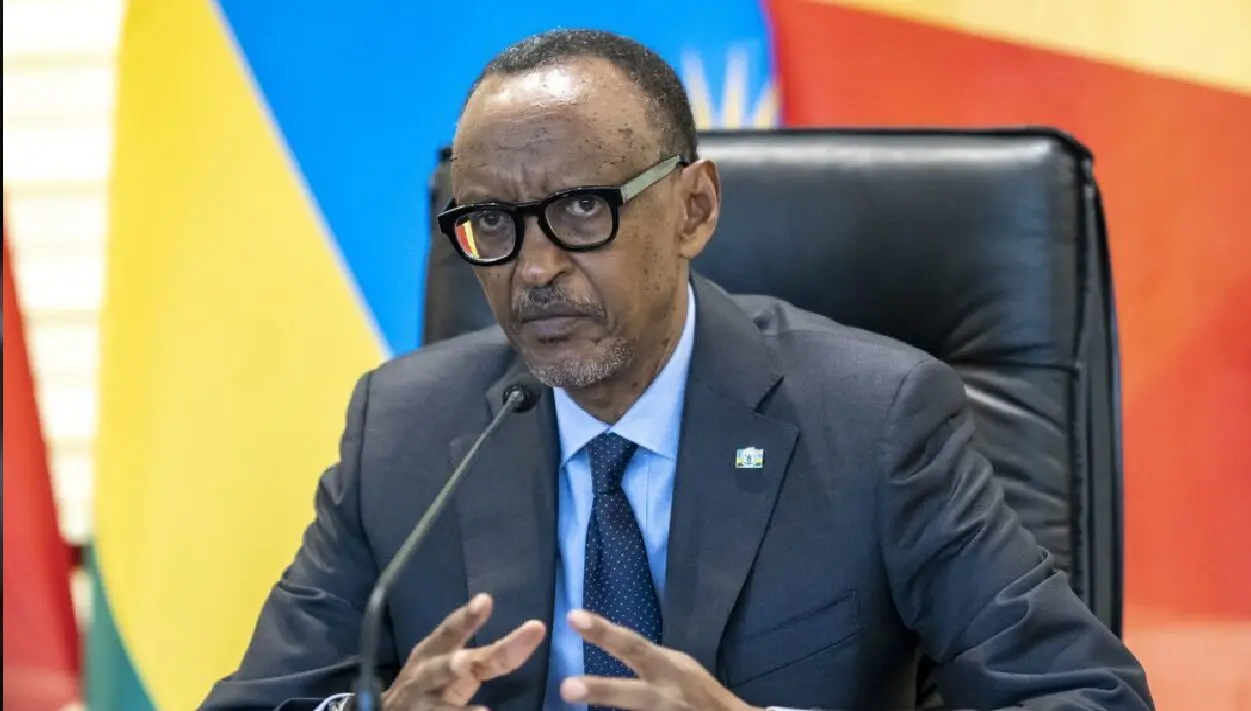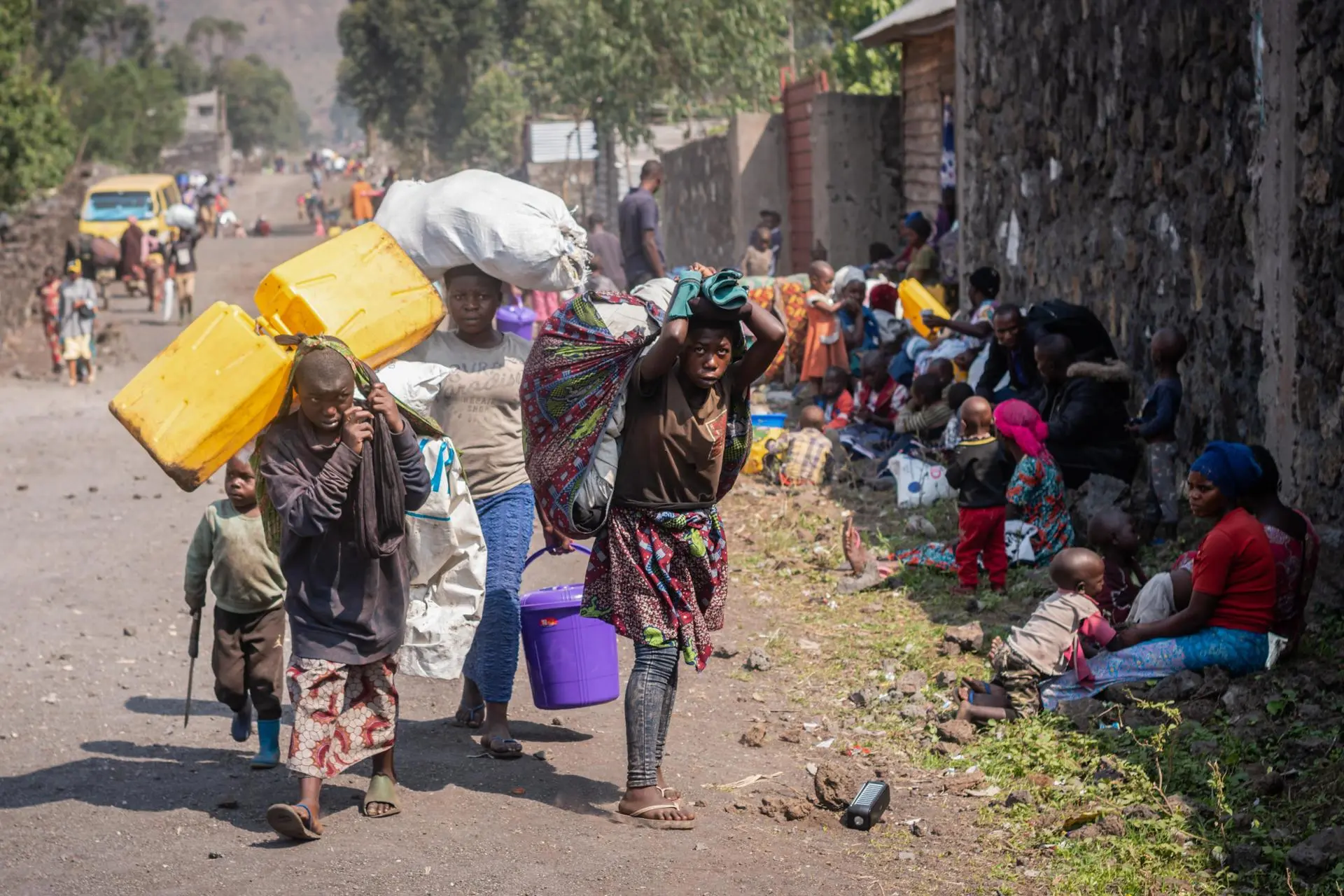Ethiopia Issues First-Ever Death Sentences for Human Trafficking in Landmark Ruling

Photo: RFi
August 5, 2025 Hour: 2:59 pm
In a historic move, Ethiopia has sentenced five individuals to death for human trafficking, marking the country’s first capital punishment ruling for this crime. The group was convicted for operating along the perilous “eastern route”, a migration corridor used by thousands of migrants from the Horn of Africa seeking work in the Gulf States via the Red Sea and war-torn Yemen.
The ruling comes in the wake of a maritime tragedy off Yemen’s coast, where dozens of Ethiopian migrants drowned, reigniting public concern over the deadly risks posed by trafficking networks. Ethiopian authorities described the decision as a turning point in the country’s anti-trafficking efforts, signaling a tougher stance against organized smuggling operations.
Justice Minister Belayhun Yirga stated that the verdict reflects Ethiopia’s commitment to dismantling trafficking syndicates and protecting vulnerable populations. In response, the government has established specialized task forces within law enforcement and judicial bodies to enhance investigations and expand support services for survivors.
While capital punishment remains legal in Ethiopia, its application is exceedingly rare. According to the World Coalition Against the Death Penalty, the last known execution occurred in 2007, making this ruling a significant precedent in the nation’s criminal justice system.
The convicted traffickers were found guilty of orchestrating cross-border operations that exploited migrants—many from Ethiopia’s Tigray region, which was ravaged by war between 2020 and 2022. These migrants often face abuse, exploitation, and death en route, with the eastern corridor widely considered one of the most dangerous migration routes in the world.
Human rights groups and migration experts have cautiously welcomed the ruling, viewing it as a potential deterrent to traffickers and a call to action for neighboring countries to strengthen their own anti-trafficking frameworks.
Ethiopia is a signatory to the UN Palermo Protocol, which mandates international cooperation to combat human trafficking. Officials say the new measures align with global standards and reflect the urgency of addressing the crisis.
The government has also pledged to improve border surveillance, community awareness, and victim rehabilitation programs, aiming to reduce the socioeconomic drivers of irregular migration.
As the country grapples with the aftermath of recent tragedies, the landmark ruling sends a clear message: Ethiopia is escalating its fight against human trafficking and seeking justice for those who have perished in pursuit of a better life.
Author: OSG
Source: EFE-Africanews






